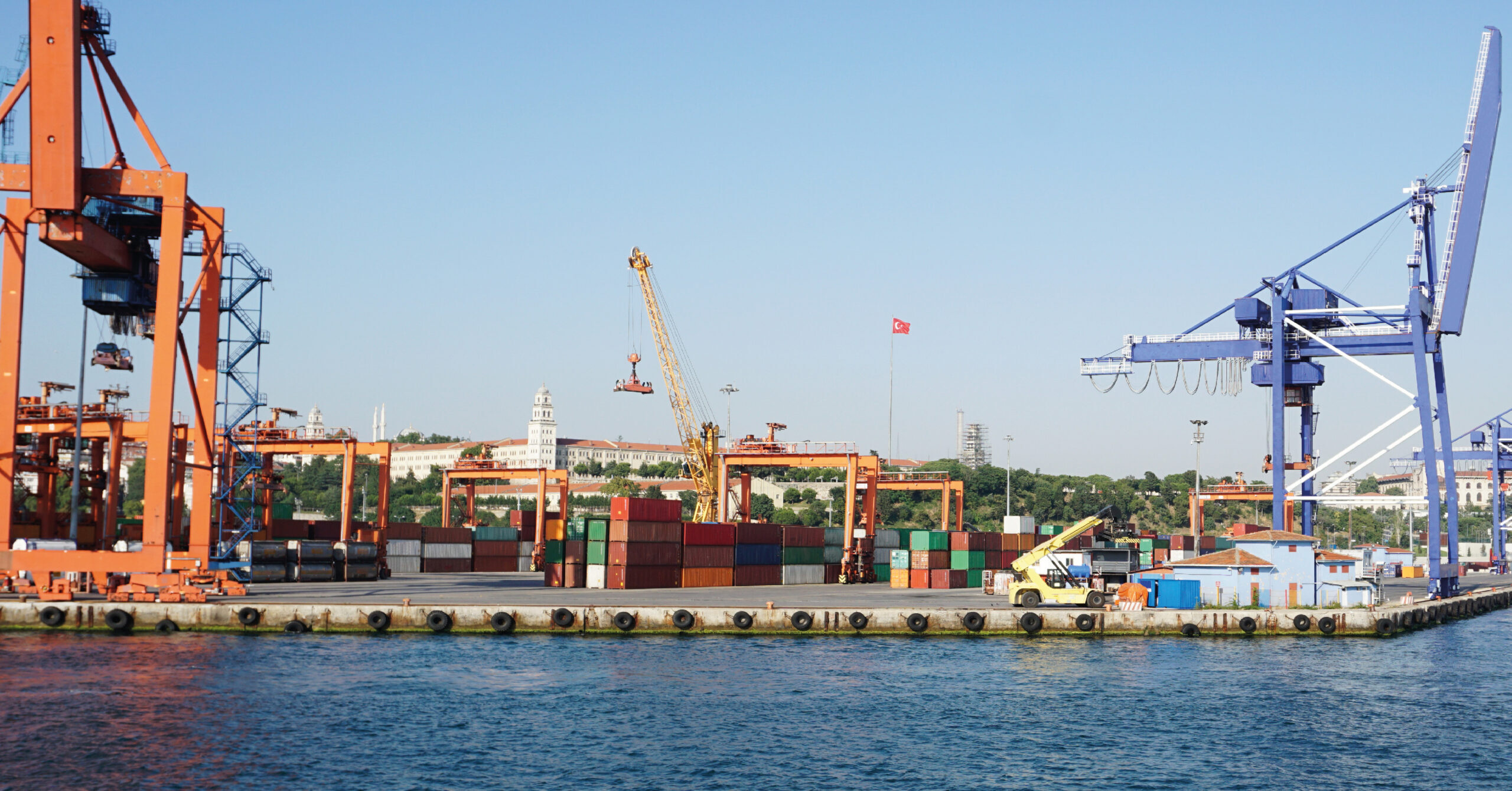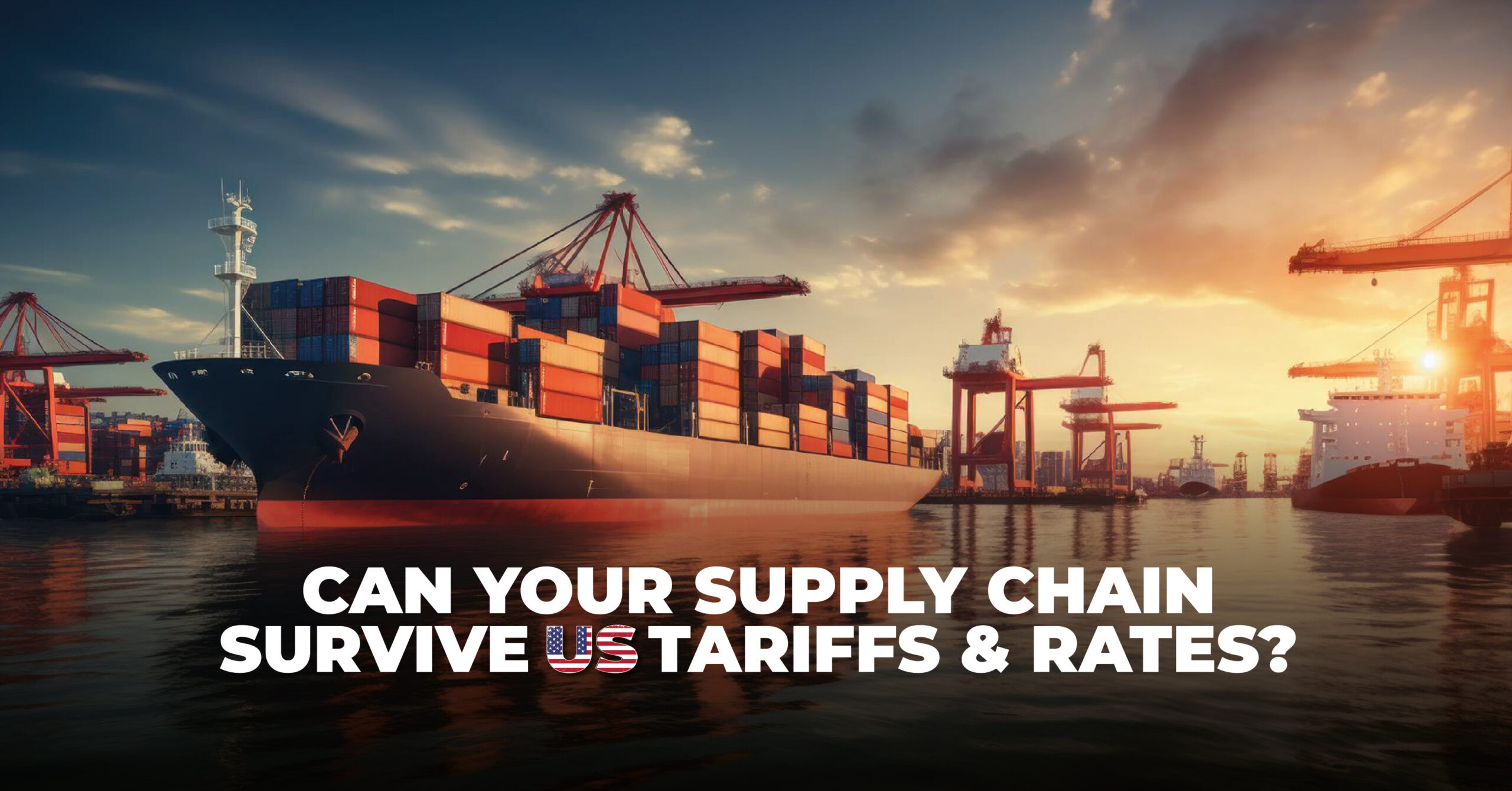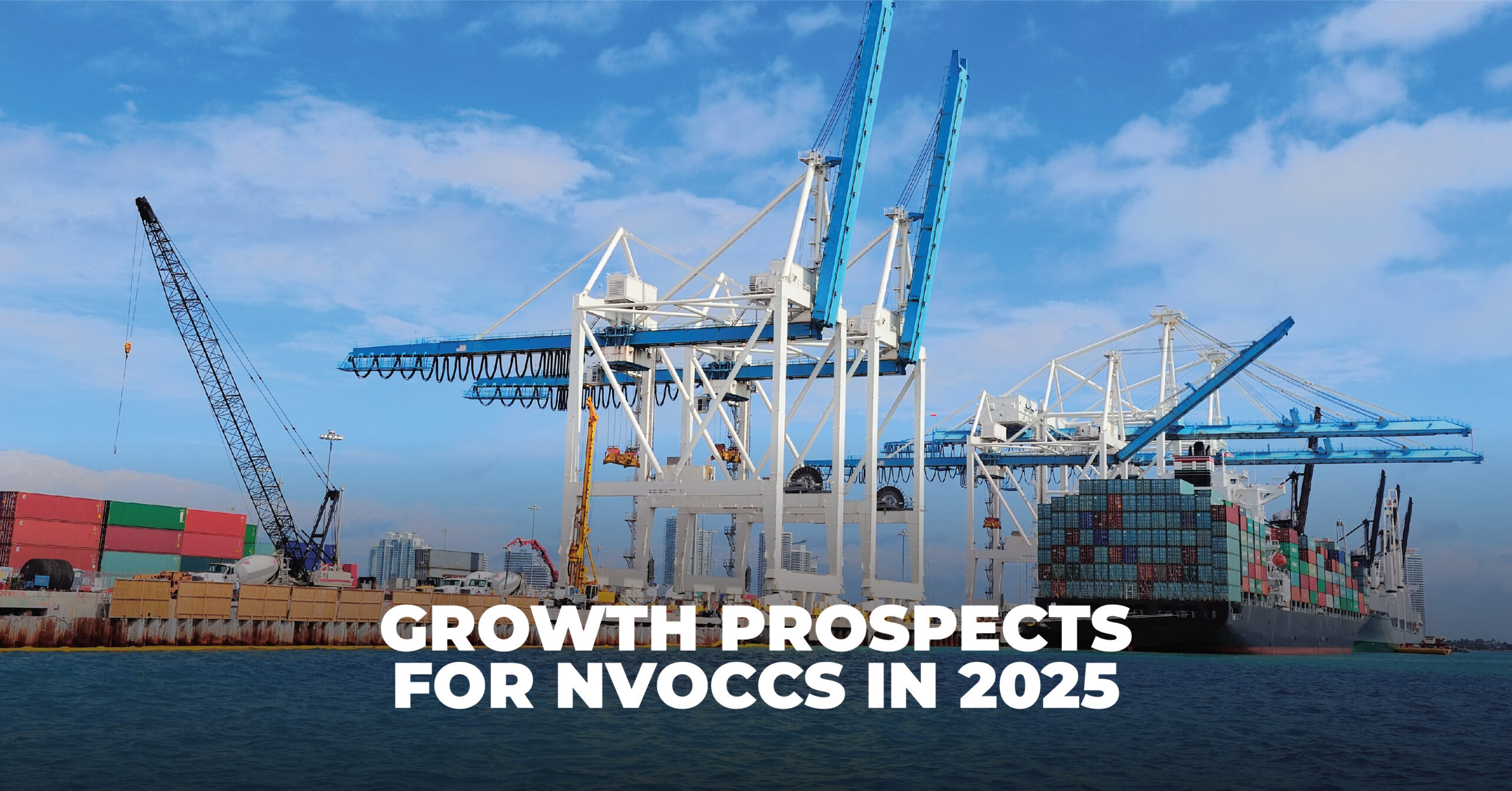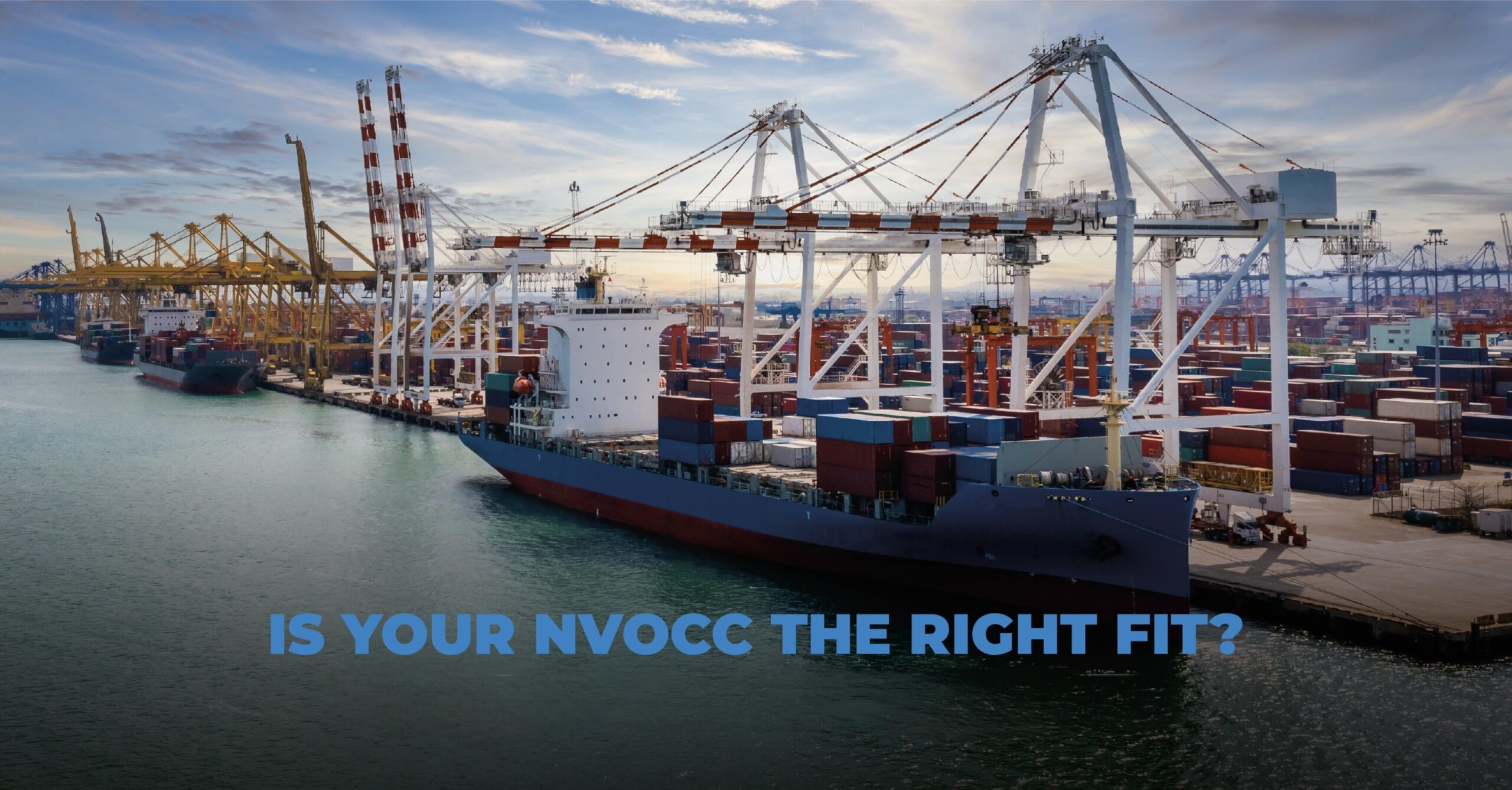Jebel Ali Port, located in Dubai, United Arab Emirates, stands as a pivotal element in the Middle East’s economic landscape, particularly due to its role as a leading free zone. Established in 1979, the port has evolved into one of the world’s largest and most advanced ports, significantly impacting regional and global trade dynamics.
As a free zone, Jebel Ali Port offers a range of economic incentives designed to attract international businesses and facilitate trade. These incentives include 100% foreign ownership, tax exemptions, and streamlined customs procedures. This business-friendly environment is central to the port’s success and has positioned it as a strategic hub for global commerce.
One of Jebel Ali Port’s defining features is its comprehensive infrastructure, which supports its role as a major free zone.The port has expansive container terminals, modern warehousing, and efficient logistics services and other state of the art facilities. This advanced infrastructure enables the seamless handling of large volumes of cargo and facilitates rapid turnaround times, which are crucial for businesses operating in a fast-paced global market.
The port’s strategic location also enhances its significance as a free zone. Situated at the crossroads of major international shipping routes, Jebel Ali serves as a critical gateway between the East and West. This advantageous positioning not only reduces transit times but also makes the port an attractive transit hub for goods destined for various markets across the Middle East, Africa, and Asia.
Additionally, the Jebel Ali Free Zone (JAFZA) complements the port’s role by providing a dedicated area for businesses to operate within the free zone framework. JAFZA is home to thousands of multinational companies, ranging from small enterprises to large corporations. The free zone offers a range of facilities, including office spaces, industrial plots, and logistics centers, all designed to meet the diverse needs of businesses. The presence of these companies contributes to the creation of a robust business ecosystem that drives economic growth and innovation.
Moreover, Jebel Ali Port’s role extends beyond mere logistics and trade facilitation. The port has become a catalyst for economic development in Dubai and the wider UAE. The influx of international businesses attracted by the port’s free zone status has led to job creation, infrastructure development, and increased investment in the region. This economic activity, in turn, supports Dubai’s broader ambitions of becoming a global business hub and a leader in international trade.
In recent years, Jebel Ali Port has continued to invest in its infrastructure and technology, ensuring it remains at the forefront of global logistics. Initiatives such as automated systems, green technologies, and enhanced security measures reflect the port’s commitment to maintaining its competitive edge and supporting sustainable development.
In conclusion, Jebel Ali Port’s role as a free zone is integral to its significance in the Middle East’s economic framework. Its advanced infrastructure, strategic location, and supportive free zone policies have established it as a vital hub for international trade. By facilitating global commerce and fostering a dynamic business environment, Jebel Ali Port contributes significantly to the economic prosperity of Dubai and the broader region, reinforcing its status as a cornerstone of the Middle East’s free zone economy.
RSL Container Lines PTE LTD is a prominent player in the freight forwarding industry in the Middle East. The company specializes in facilitating shipments from Jebel Ali to CIS countries via Karachi. Their network covers key destinations including Uzbekistan, Kazakhstan, Turkmenistan, Kyrgyzstan, and Tajikistan.






